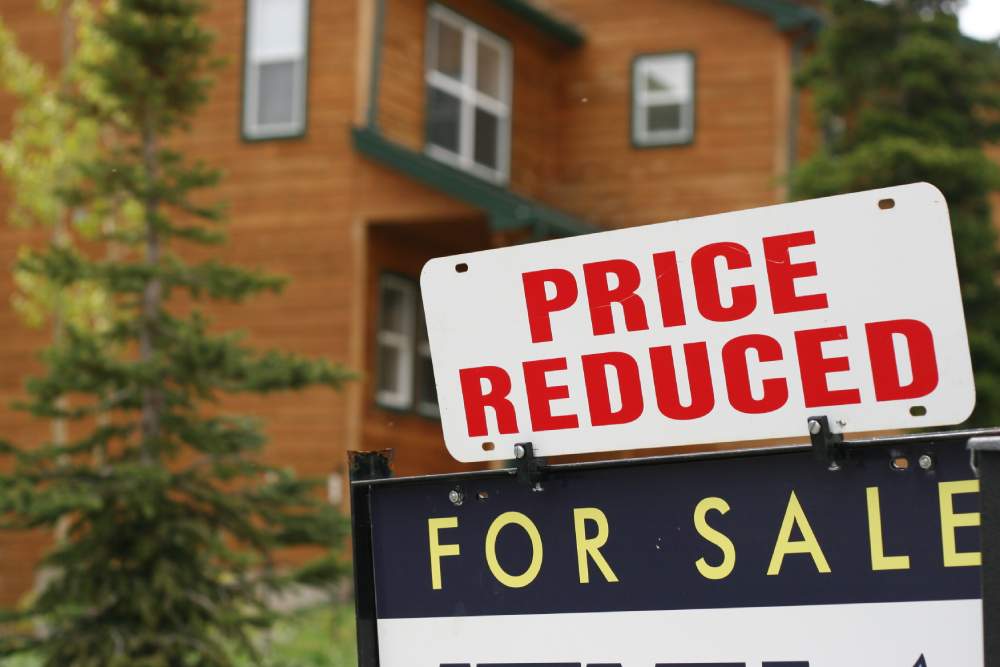Properties are usually classed as either leasehold or freehold. But what is freehold? Freehold means that ownership of the property also means you own the land the house is built on. Having a freehold property makes you responsible for the area of land it’s a part of which can usually be found in the Title Register.
What Are The Advantages of Freehold?
There are plenty of advantages to owning a freehold property. Let’s look at these benefits in more detail:
- It’s cheaper: if you own the land the property is on, then you won’t be charged any additional ground rents or service charges.
- You have more control: freehold means you’re free to do what you want with the land – you have far more freedom to make decisions about what happens on the property and the land it’s built on.
- Peace of mind: you won’t have to worry about a lease running out because you own the property outright.
What Are The Disadvantages of Freehold?
There are two sides to every coin and, although freehold properties do come with a range of benefits, it’s important we discuss the disadvantages of freehold too:
- More expensive to buy: because you own the land the property is built on with freehold, they’re more expensive to buy in the first place.
- Responsibility for upkeep and repairs: you have full accountability when it comes to making repairs and maintaining the property and the land around it. This can mean additional costs and planning to resolve any issues.
What is Share of Freehold?
Share of freehold is an option given to people who buy a flat or a building that contains multiple properties. If you opt for share of freehold, then you’ll own a share of the property and its land. You’ll split the ownership with other people in the building who have also chose share of freehold.
Share of freehold is usually a positive thing as, if multiple people are invested in the property, it means that you all have more say on the property and how its run. This could include things like decisions over building maintenance, for example.
What is Flying Freehold?
Flying freehold is when part of a property that you own sits over land that you don’t own. If a section of your property sits over a communal entrance, then this would be an example of flying freehold. If you’re selling a home that has flying freehold, then it’s important you let your conveyancer know about this.




